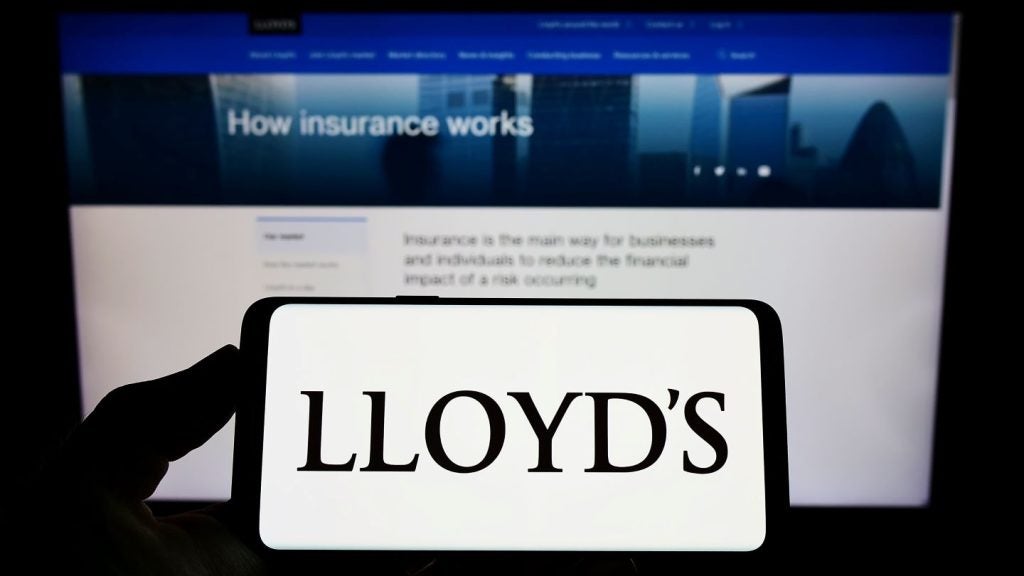
Munich Re’s head of innovation, Dr Marcus Winter, has forecast that artificial intelligence (AI) will support and augment insurance processes and operations – rather than replace them.
Speaking at the recent SAP Financial Services Forum, held in London in association with Finextra, Winter, who is global head of strategy, innovation and data analytics at Munich Re, said AI “can do a lot, but does not replace everything”.
He said using chatbots for customer interaction is an area where the insurance industry can benefit, but the insurance market has yet to experience “really radical change”.
Winter told the audience in London, which was attended by Life Insurance International and its sister title Electronic Payments International, that the reinsurer’s leadership team is committed to innovation. He said: “We have [innovation] labs in Beijing and New York and the leadership team is committed to innovation. As a resinsurer, we are more focused on business models and operational risks.”
An example of Munich Re’s innovation can be seen by the fact it has teamed up with London-based health-tech company, Tictrac, to launch a health engagement platform called Wellgage.
The reinsurer is offering Wellgage to its insurance partners across the globe so they can engage customers and use the analytics to further support their core business in the areas of product development, pricing and underwriting – and thereby ultimately reducing the cost of care provision.
Wellgage combines a user’s lifestyle signals, from their apps and wearables, with contextual information about their surroundings – guiding them to achieve their health objectives, such as preventing diabetes or reducing stress levels.
Retail financial contenders
Also speaking on the panel, Chris Gledhill, of Secco Aura advocated Lego, Starbucks, McDonald’s or Costa as being the biggest contenders for providing financial services in the near future.
Gledhill’s idea is that the future of money is value tokens, and that a “cappuccino coin” could be a future form of currency. This will be brought about by the proliferation of data in the digital and mobile age, and banks will evolve from holding money to holding data.
In Gledhill’s scenario, the customer will become custodian of their own data and project an ‘aura’ digitally, via bluetooth, through which they can emit their interests and permit third party services to contact them with products and services, or, crucially, not. This is all done on mobile phones.
Gledhill had some interesting points to make on the subject of AI, that in a couple of years we will have reached the “age of the aggregator”, in which there will be lots of “dashboard offerings”, a proliferation of apps and services, aggregating a single view of customer accounts.







